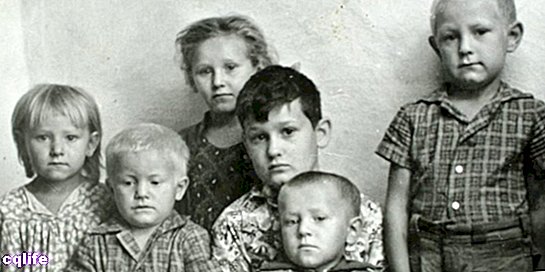We explain what a bastard is and why this word is used as an insult. Also, the possible origins of the term and its history.

What is a bastard?
Traditionally, individuals or things that represent a degeneration or impoverishment of their origin or nature are called bastards or bastards, that is, they are under some criteria considered notoriously worse or inferior. Also common in this sense is the use of the verb bastardear, which means "to turn into a bastard" or "to treat like a bastard."
The word bastard is used in certain contexts as an insult, since before, illegitimate children or children born out of wedlock were called bastard children, especially in times when the social castes distinguished between aristocrats and the common people. In many cases, these children did not know their fathers (or, more rarely, their mothers), and were the result of secret ties or considered shameful, especially between men of ancestry and commoner women.
The idea of discriminating against bastards comes from ancient ages, and was in common use since the Antiquity until the Middle Ages and part of the Modern age. Bastard children usually lacked the formal and legal rights afforded by the family bond, and in many ancient cultures they were treated as outcasts or, in ages of religious fanaticism, as the embodiment of sin.
Bastards were sometimes sold as slaves, treated as servants, or servants by their own. family of the nobleman in a marked situation of inferiority or discrimination, or subject to laws specials. Even today, many children not recognized by their parents are not given the paternal surname, but are given the maternal surname and are legally deprived of inheritance upon the death of the father.
For its part, the word bastard comes from French bâtard, but there are two possible explanations for its origin.
- The Germanic bansti ("Barn"), in the sense that a bastard was a son conceived or born clandestinely, in a place other than the conjugal bed.
- The Latin bastum, which was a rig carried by the cavalry (in Spanish: “basto”), since in old French there was the expression fille de bast ("Son of the packet"), which suggested that someone was the son of a traveler or a passing soldier.
